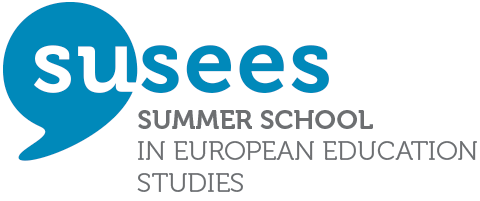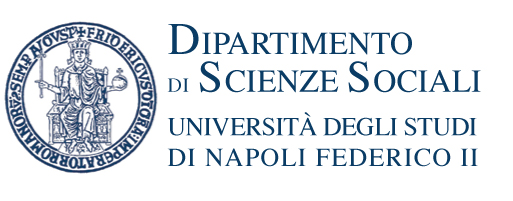Home › Forums › 2018 SUSEES Edition – Writing Groups › Vivien Gain – Presentation and paper proposal
This topic contains 1 reply, has 2 voices, and was last updated by ![]() Danilo Taglietti 6 years, 10 months ago.
Danilo Taglietti 6 years, 10 months ago.
-
AuthorPosts
-
29 June 2018 at 15:55 #965
Institutional affiliation
I am a first-year Ph.D. student at the Université catholique de Louvain (Louvain-la-Neuve, BE). I am a member of the Interdisciplinary Research Group on Socialisation, Education, and Training (GIRSEF). My supervisor is Eric Mangez.
Training background
– Bachelor in Sociology-Anthropology, Université catholique de Louvain (2011-2014)
– Certificate in Social and Economic Ethics, Université catholique de Louvain (2014-2016)
– Master in Sociology, Université catholique de Louvain (2014-2016)Main themes of investigation
My thesis is part of a larger research project gathering four Ph.D. students and six experienced academics aiming to understand the transformations of the roles of education in a context of globalization, risk, and uncertainty. More precisely, I am studying stakeholder participation in the European Open Method of Coordination (OMC) in the sector of education, generally called the Education and Training 2020 strategic framework.
My research interests focus mainly on:
— Social systems theory
— Globalization and expansion of education processes
— Governance Turn
— Transformations of political decision-making at the level of the European Union
— Emergence, development, and future of the Open Method of Coordination in education
— Stakeholder participation — social movements, trade unions, etc. — in European political processesA paper intended to write
A project that I am currently working on is a literature review paper about the emergence of new forms of political decision-making linked to the Governance Turn. By using Niklas Luhmann’s systems theory, the objective of the paper is to analyse the link between the forms of political decision-making and the way the future is described by society, with an emphasis on Late Modernity.
By using the typologies defined by authors like Poul Kjaer, Jean De Munck, Anders Esmark and Niels Åkerstrom Andersen, I will try to define the main characteristics of the form of political decision-making in late Modernity. I will also illustrate this mainly theoretical inquiry with the fieldwork that I have recently done on the European Education and Training 2020 strategic framework.
With my colleague Pieter Vanden Broeck (Université catholique de Louvain), we pose the hypothesis that governance processes emerge as responses to a future that is increasingly described as risky and uncertain. These processes lead to a progressive importance of learning as a central characteristic of the form of political decision-making, as a tool absorb this increasing uncertainty.Starting knowledge-base (empirical materials, theory, methodology, etc.)
Empirical materials: Interviews with ET2020 key actors, fieldwork notes of several meetings.
Theory: Literature review about the European sector of education.
Methodology: Qualitative document analysis, lexicometric corpus analysis, semi-directed interviews, participant observation.Knowledge needed to complete the paper
Given that English is not my mother tongue, I would be very interested in getting practical advice about the writing process and the structuration of the paper. I would also be very interested in improving my competencies in the lexicometric analysis of an extensive corpus of European documents.
29 June 2018 at 17:19 #966Hi Vivien, I think you have got very interesting empirical materials: I hope we can collaborate in some way…
-
AuthorPosts
You must be logged in to reply to this topic.


